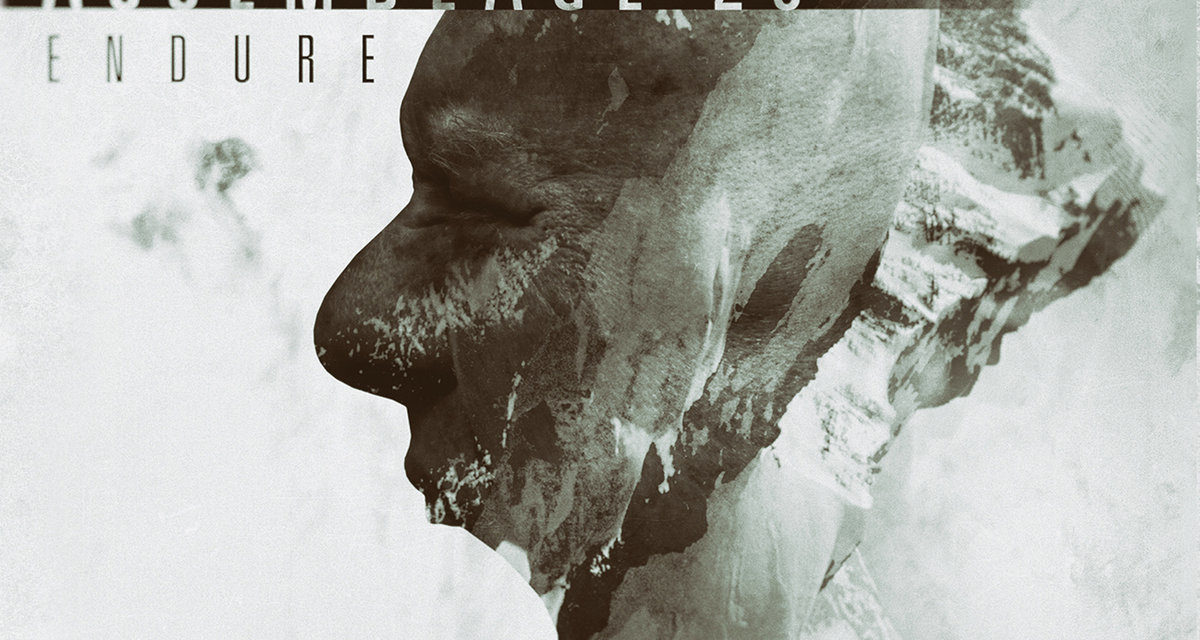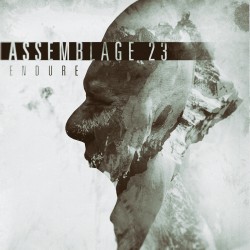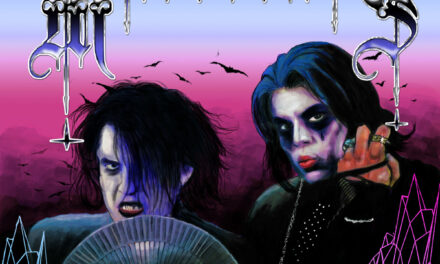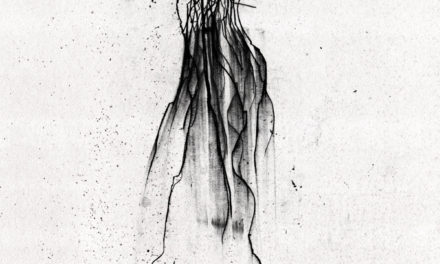Assemblage 23
Endure
Metropolis Records
Tom Shear has been gradually deepening his niche, LP by LP, for more than 15 years. His work as Assemblage 23 has been nominally lumped in with the futurepop movement due to its emphasis on melody and emotion (and despite his never indulging in the genre’s pilfered trance sounds), but more and more his work just sounds like Assemblage 23, a style and execution unto itself. His eighth album Endure doesn’t stray far from Shear’s comfort zone as a songwriter, producer or performer but it doesn’t especially need to; across its ten songs it handily encapsulates all the major touchstones you would expect from the project, with a couple new ideas folded in for good measure.
The appeal of Assemblage 23’s work is often kind of transparent, in that the stuff that makes it hit home isn’t necessarily what is most obvious about it. Things like songcraft and arrangement, or being able to write consistent lyrical metaphors aren’t necessarily the first strengths that people might use to describe A23’s allure, but they’re certainly among the traits that set Shear apart from many of his contemporaries. Assembalge 23 songs have the sense of being written, rather than assembled from disparate loops and sequences, and similarly the lyrics are composed to convey meaning above other concerns. “Call the Dawn” acts as a good example of both markers, with Shear working an extended analogy about commonality and distance over a simple mid-tempo arrangement of bass and drums that carefully shifts from verse and chorus to a breakdown and confidently back into gear with new sounds sliding in to keep each section fresh. “Grid” plays as a more insistent club-oriented number, but it’s the way the track shuffles its melody between synth leads, piano sounds and vocals that give it the movement to match its BPM. These sorts of details might not be the particulars that leap out at the casual listener, but they make all the difference in Endure’s overall experience.
Production is another one of Shear’s strengths. As a capable programmer and sound designer, he has his own style dialed in. Endure doesn’t rock the boat too much in that arena: its drums, basses and leads all attest to Shear’s workmanlike attitude to his craft. There are a few interesting curves apparent (the 8-bit sounds that lead off the peppy “Afterglow” and the rubbery, snake-like synth that appears on the verse of “Butterfly Effect” for example) but by and large the production elements are right down the pipe, selected and engineered to perform in the roles in which they’re cast. There are some odd choices in vocal production that have the effect of thinning out Shear’s voice, leaving it recognizable but robbing it of some of its familiar impact. A few songs (like the otherwise quite rich “Static” and the storming album closer “December”) suffer from it more than others, a slightly misaligned element in an otherwise coordinated whole.
“Assemblage 23 knows how to make Assemblage 23 albums” is kind of a trite way to sum up the strength of Endure, but it’s also probably the most accurate. Genre tags like synthpop or EBM don’t encapsulate the particular brand of melodic, uptempo electronic music the project deals in, nor do simple summaries of production techniques or lyrical themes. The record just sounds like Assemblage 23, a distinctive and holistic descriptor that includes everything Shear does, and the singular way he does it. Its power comes from embracing what has defined the band since its debut, and in seeking refinement rather than reinvention.






